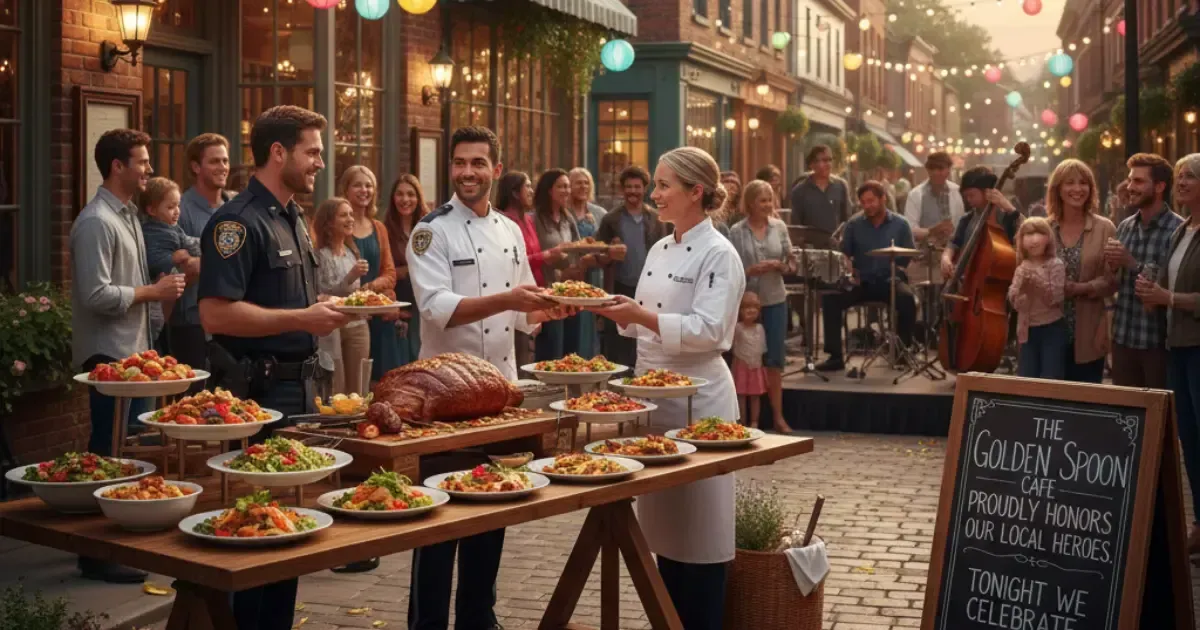Resources
Your Essential ServSafe® and Business Resources
We believe that being prepared is the key to success—whether you're studying for an exam or managing your business. This is your central hub for reliable, up-to-date resources to help you master food safety and streamline your hospitality operations.
Downloadable ServSafe® Practice Resources
Achieving your certification should be straightforward. Use these free downloadable resources to prepare confidently for your exams and keep essential information at your fingertips. We ensure you have the best ServSafe® Practice Tests available.
| Description | |
|---|---|
| ServSafe® Manager Practice Test | A 40 question practice test simulating the official ServSafe® Manager Certification test. Test your knowledge before the big day! |
| ServSafe® Manager Practice Test Answer Key | The Practice Test answer key. |
| ServSafe® Glossary of Common Terms | Easily review complex vocabulary with this comprehensive ServSafe® Glossary of food safety terms. |
| Glosario de términos comunes de Servsafe | Revise fácilmente vocabulario complejo con este completo glosario ServSafe® de términos de seguridad alimentaria. |
| ServSafe® by the Numbers | Key numbers compiled into one study guide. |
| Los números de ServSafe® | Números clave compilados en una guía de estudio. |
| Diagnostic Exam & Answer Key | A 80 question practice exam with answer key. Includes references to ServSafe Manager textbook helping you find the question's topic in the textbook. |
| Examen de Diagnóstico y Clave de Respuestas en Español | Un examen de práctica de 80 preguntas en español con clave de respuestas. Incluye referencias al libro de texto de ServSafe Manager que le ayudarán a encontrar el tema de la pregunta en el libro de texto. |
| ServSafe Manager 9th Edition update sheet | Identifies the major changes incorporated into the 9th edition textbook |
| Hoja de actualización de la novena edición de ServSafe Manager | Identifica los principales cambios incorporados en la novena edición del libro de texto. |
| ServSafe 관리자 9판 업데이트 시트 ServSafe gwanlija 9pan eobdeiteu siteu | 9판 교재에 반영된 주요 변경 사항을 설명합니다. 9pan gyojaee ban-yeongdoen juyo byeongyeong sahang-eul seolmyeonghabnida. |
| ServSafe 管理员第九版更新表 ServSafe guǎnlǐ yuán dì jiǔ bǎn gēngxīn biǎo | 列出了第九版教科书中包含的主要改动。 Liè chūle dì jiǔ bǎn jiàokēshū zhōng bāohán de zhǔyào gǎidòng. |
Ready to Turn Practice Into Certification?
Latest Insights and Hospitality Consulting Articles
Staying informed is critical for operational excellence and maximizing revenue. Our blog offers practical, real-world advice and ongoing resources for owners and managers in the hospitality industry.








